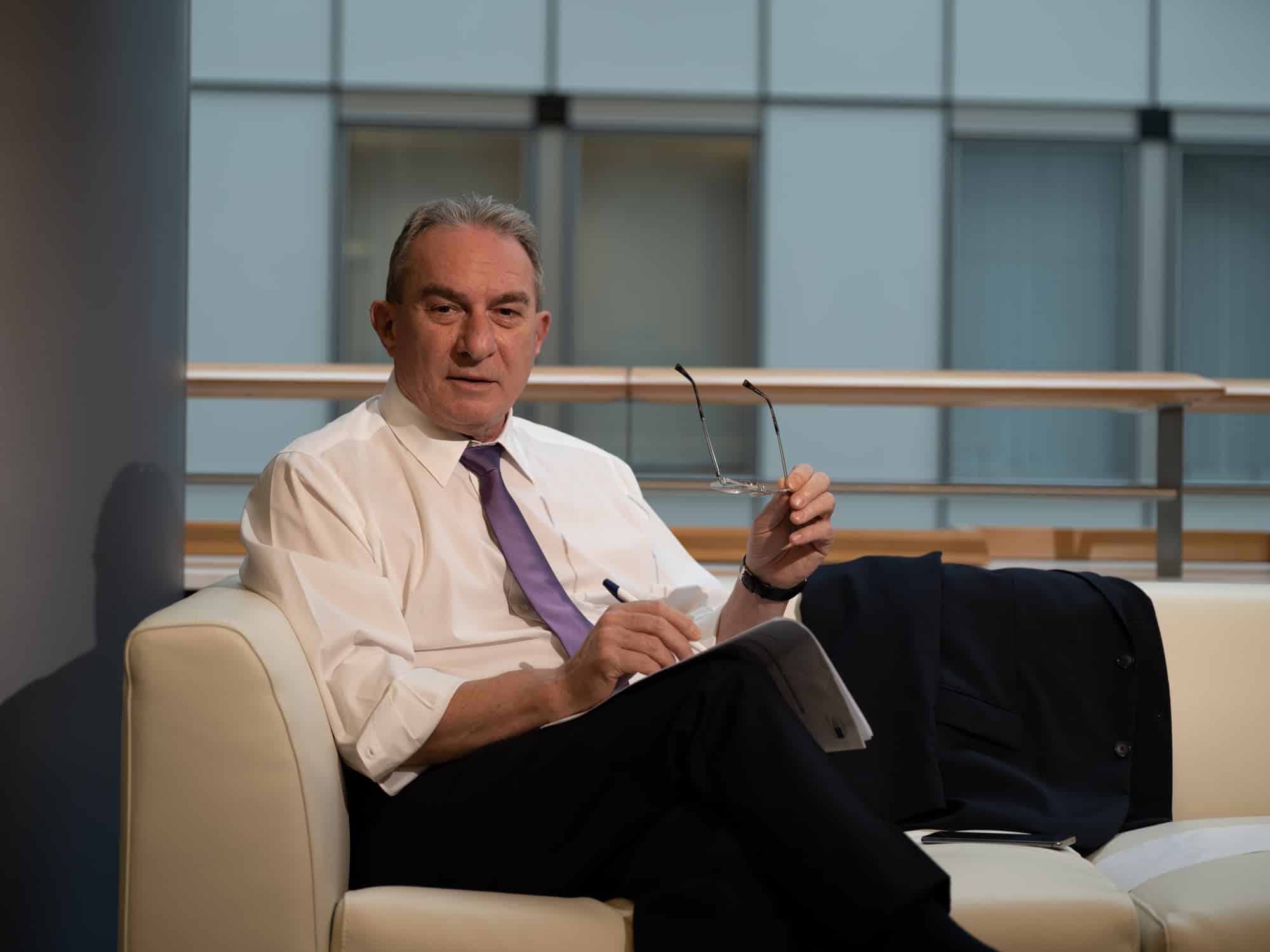The cost of living crisis, the issue of migration and a new social contract in Europe are expected to be the three big issues that will dominate the public debate in the European Parliament election campaign. They will also determine the political clashes in the coming period. Eurobarometer 2023 surveys clearly show that more than 90% of European citizens are concerned about rising living costs. The cost of living crisis is the result of rising fuel prices, the energy crisis, inflation and economic uncertainty. These are partly caused by the accelerated green transition, which is becoming unbearable for most citizens. It is also clear that, globally, the EU is feeling most of the pressure coming from the wars in Ukraine and Israel, as the impact of these two unstable regions is culminating here, in Europe. We can give a proper response to these challenges only if we put people at the centre of public policies. We need to take balanced decisions. Nature restoration cannot take precedence over the protection of farmers, small entrepreneurs or workers. A dogmatic rejection of nuclear energy will not change the laws of physics, but it will greatly jeopardise Europe’s energy security. Action against climate change must not destroy the competitiveness of European industry. The green and digital transition must be fair, not against the people but with the people.
The issue of migration is back on the agenda, which has been a constant public concern since 2015. The issue of illegal immigration is being used opportunistically by political forces, but also by national governments. An example of the former is the PVV in the Netherlands, which won the recent Dutch elections. As an example of the latter, the Austrian government is blocking the accession of Romania and Bulgaria to the Schengen area on the grounds of illegal migrants entering the EU through this route. This attitude perpetuates the unfair double standards being applied in the European Council on this matter. Economic migration, illegal migration and refugees must be clearly defined and treated separately. Until Member States and EU institutions realise this, there will be no reassuring, stable and workable solution to this issue.
A new European social contract is needed to put in place an agreement between people and politics. The founding fathers have set a direction for the European Union, but we have moved very far away from it in the last five years. It is time for the EU to return to the values of the founding fathers and make decisions in the interests of the people, not ideologies. Under the pressure of the European Green Deal, many ideological decisions have been taken that have ignored the needs of the people, the costs they have to bear and the ability of society to adapt to rapid change. In my opinion, the new European social contract should aim to return to the values of the founding fathers. We believe that politics is for people, not ideologies. We do not support dogmatic proposals in the field of environmental protection, but we actively protect nature on the ground of feasibility and fight the effects of climate change. We reject the view that agriculture and nature conservation are enemies of each other, we believe that more dialogue and less polarisation should be sought. If we are to provide a viable response to the great challenges of today’s world – food security, climate and energy crises, migration, biodiversity conservation – the first thing we need to do is to strengthen social cohesion, rebuild trust and restore hope to all ages and all sections of society. This is the great challenge of the new European social contract.








